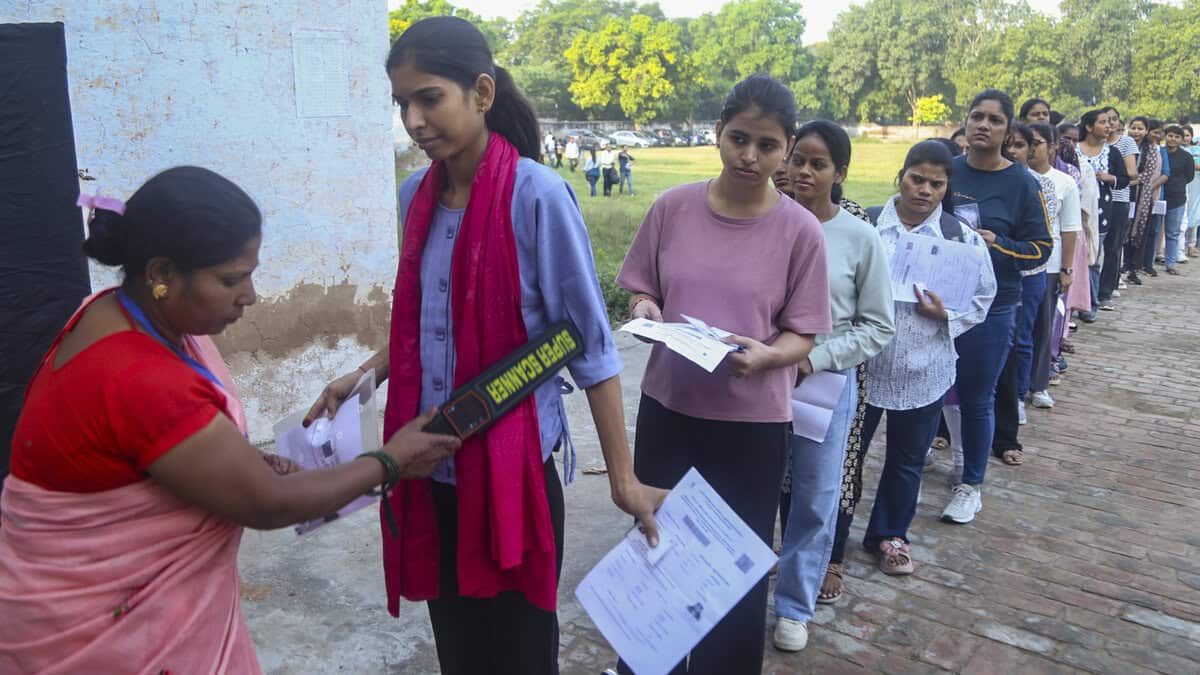A propensity to weaponise constitutional checks and balances by the Peruvian Congress and the executive has taken its latest toll in the impeachment and removal on Friday of outgoing president Dina Boluarte, the first woman head of state in the South American nation. Jose Jeri, head of Peru’s unicameral legislature, who was sworn in as the nation’s interim President, has become the country’s seventh head of state since 2016. Ahead of a general election in April 2026, legislators evidently decided to distance themselves from the malleable Boluarte, whose rule was mired in controversy, starting with the death of 49 people during the violent unrest in the wake of the ignominious exit of her predecessor in December 2022. The prevalence of rampant violent crime, despite the promulgation of a state of emergency, has exposed serious cracks in the country’s capacity to grapple with the maintenance of law and order. The police, in May, found the bodies of 13 workers kidnapped and cruelly murdered a week earlier by illegal mining networks in one of the country’s prominent gold mines. In January came chilling revelations that extortion gangs were circulating death threats for cash via WhatsApp to transport workers, private school administrators, and roadside shopkeepers. A former vice-president, Boluarte’s large collection of luxury Rolex watches also came under the spotlight, following raids in her residence.
The government’s policy stance may well be contributing to the vicious and volatile backdrop to such gruesome tragedies. Under Boluarte’s watch, lawmakers in August 2024 enacted legislation to bar prosecutors from investigating organised crime mafias engaged in illegal logging and human trafficking. The measure prompted the National Confederation of Private Entrepreneurial Institutions to urge Congress to shelve the move. The complicity of the Peruvian political classes in this venality and criminality is legion. In August, a former Peruvian president was ordered to pre-trial detention on charges of corruption, bringing the number of the country’s currently imprisoned ex-leaders to four. Another former president was sentenced in April, making him the third former leader to be convicted in recent years. President Jeri will hope his transitional government can survive until the upcoming polls. That would be no mean feat in this Andean nation, where the last time a head of state completed a full five-year term was in 2016.
Peru has seen better times, and not in the too distant past. Since the turn of the century, the country has been a thriving raw materials export economy, much like many Latin American neighbours. Its descent into a deeply dysfunctional democracy is a more recent shift. The current crisis is widely attributed to the resurgence of the authoritarian movement of the right-wing former president—the convicted late Alberto Fujimori—under his daughter and political heir, Keiko. With elections looming, constitutional reforms to establish a second and more accountable legislative chamber are unlikely to fructify.

















































